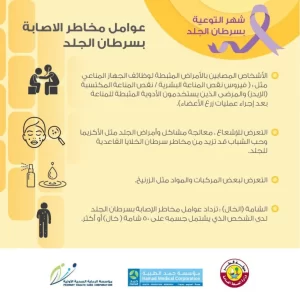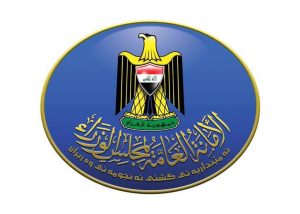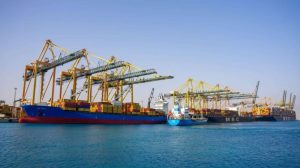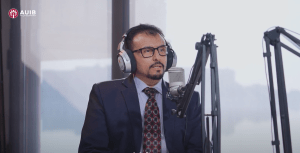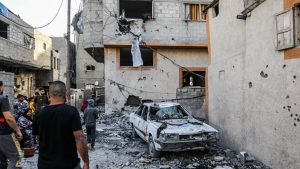The development path in Iraq is hindered by institutional constraints, financial challenges, widespread corruption, and governance deficiencies, which present significant barriers to these development efforts.
Last month, a group of lawmakers, government officials, private sector representatives, and NGOs announced the formation of the “Baghdad Coalition to Support the Private Sector.” This initiative, which resembles many previous governmental developmental strategies and plans that have not been realized, aims to boost the development of the private sector in hopes of accelerating sustainable economic growth in Iraq. Although these goals align with the ambitions of Prime Minister Mohamed Shia’ al-Sudani’s government, which focuses on strengthening private projects and attracting foreign direct investment, they will remain unrealistic unless accompanied by a set of comprehensive financial and regulatory reforms.
Historically, this is not the first time that the development of the private sector has gained political momentum. It has played a major role in many of the federal government’s strategies and plans since 2006. Examples include the National Development Strategies (2005-2007, 2007-2010), National Development Plans (2010, 2013-2017, 2018-2022). Many international organizations, donor countries, academic bodies, and local NGOs have supported the Iraqi federal government in pursuing this developmental path. Additionally, the development of the private sector forms the backbone of most strategic plans and policies aimed at diversifying Iraq’s economy and reducing its reliance on crude oil exports, which still account for 93% of the country’s revenue in 2023. The “Development Road” project, aimed at attracting foreign capital, investors, and expertise, also helps to clearly define priorities.
Given Iraq’s rentier economy, inherent structural imbalances must be addressed. The private sector in Iraq is weak and underdeveloped, heavily dependent on state-funded projects. However, institutional constraints, financial challenges, pervasive corruption, and governance deficiencies present enormous obstacles to these developmental efforts.
What Hinders the Dream of Development?
Financially, Prime Minister al-Sudani’s government continues with the financial approach that has dominated since 2003, characterized by a rentier model where the lion’s share of the country’s revenue, derived from crude oil exports, is allocated to paying salaries. This leaves very little for investment in infrastructure and development. Most of these salaries are concentrated in economically unproductive sectors such as the military, security services, religious endowment institutions, and many state-owned enterprises that have ceased operations but still receive a portion of the salary funds as a way to alleviate high unemployment rates.
In many cases, public funds are primarily used to ensure “electoral loyalty to the ruling elite at the expense of infrastructure and service institutions.” The pattern of government spending in 2023 reflects this financial trend. Investment expenditures in key sectors that provide job opportunities and potential for private sector development remain modest, as illustrated in the following graph.











